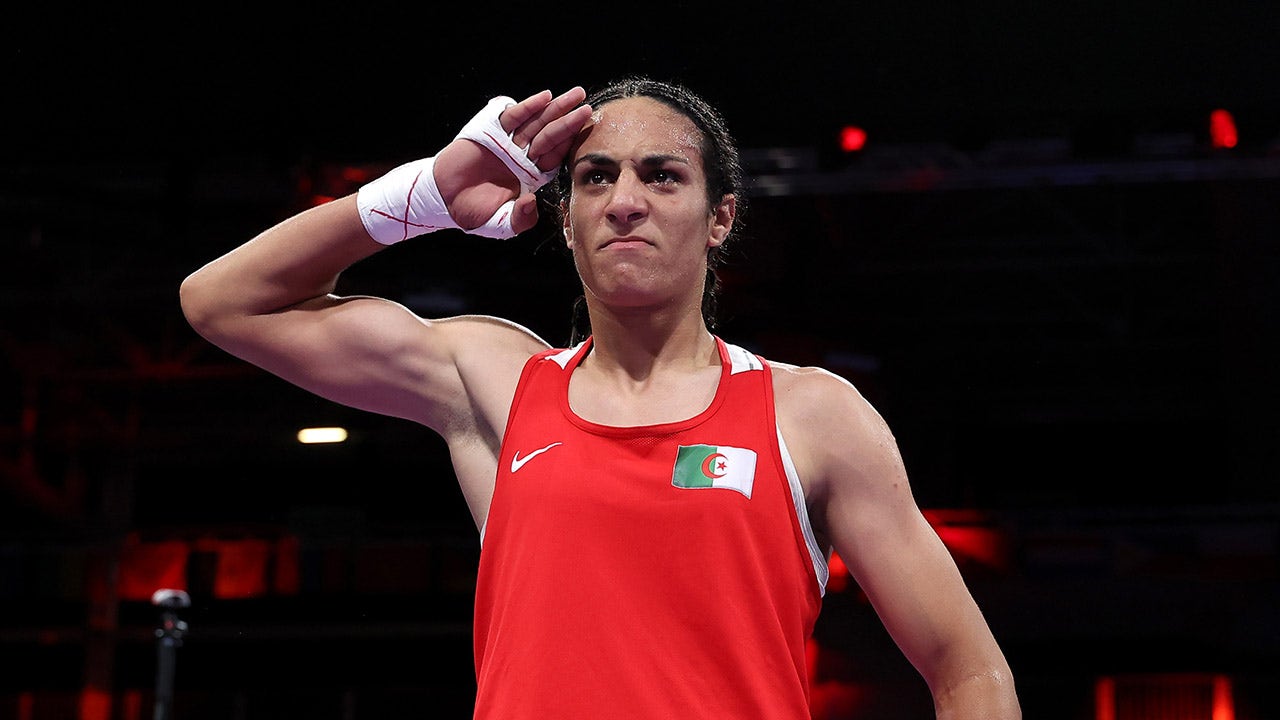World Boxing President Apologizes to Imane Khelif Amid Gender Controversy
World Boxing's president issued a formal apology to Olympic champion Imane Khelif after she was singled out in a new sex testing policy announcement.
Subscribe to unlock this story
We really don't like cutting you off, but you've reached your monthly limit. At just $5/month, subscriptions are how we keep this project going. Start your free 7-day trial today!
Get StartedHave an account? Sign in
Overview
World Boxing's president Boris van der Vorst apologized to Algerian boxer Imane Khelif for singling her out in a mandatory sex testing policy. Khelif, who won gold at the Paris Olympics, faced scrutiny over her eligibility due to genetic testing revealing male chromosomes. The new policy, effective July 1, mandates genetic testing for all athletes over 18 in competitions. Khelif plans to defend her title at the 2028 Olympics, despite ongoing controversies and opposition from some federations. The IOC has stated that eligibility criteria are the responsibility of the respective International Federation.
Report issue

Read both sides in 5 minutes each day
Analysis
Analysis unavailable for this viewpoint.
Articles (3)
Center (0)
No articles found in the Center category
FAQ
Imane Khelif is required to undergo sex testing because World Boxing has implemented a new policy mandating genetic testing for all athletes over 18 to ensure eligibility in competitions. Specifically, Khelif's past genetic tests have shown XY chromosomes, which led to scrutiny over her eligibility to compete in the female category.
World Boxing's apology to Imane Khelif indicates a recognition of the organization's handling of the situation, acknowledging that singling her out in the policy announcement was inappropriate. However, the apology does not change the requirement for Khelif to undergo the mandatory sex testing to compete.
The IOC states that eligibility criteria are the responsibility of the respective International Federation. This means that while the IOC may have allowed Khelif to compete in the past, the final decision on her eligibility is up to World Boxing based on their policies.
Imane Khelif plans to defend her title at the 2028 Olympics, despite ongoing controversies and opposition from some federations.
History
- This story does not have any previous versions.


